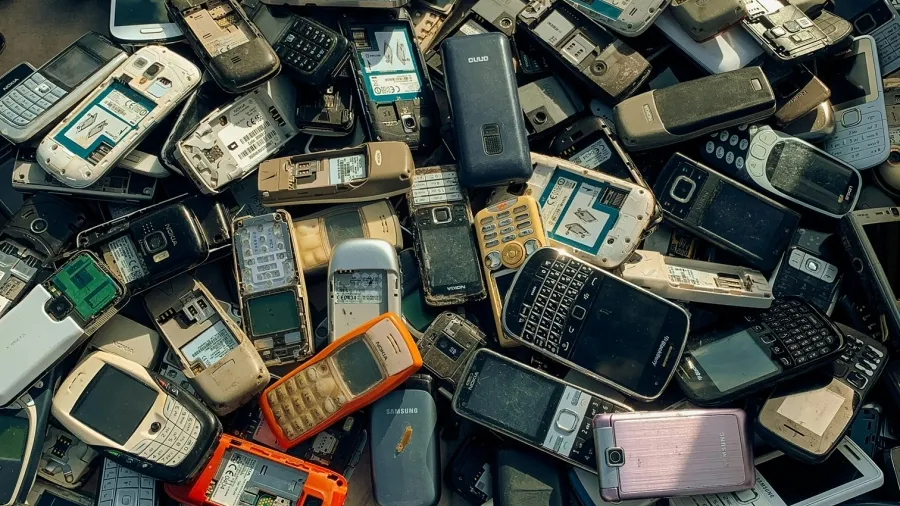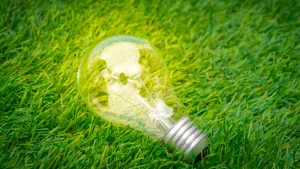
Online marketplaces to help shoulder cost of recycling electrical waste in the UK
Move aimed at creating level playing field for British businesses.
Retailers in the UK traditionally covered the costs of collecting and processing electrical waste. Now, even online platforms that are based overseas will have to chip in.
"A new system will ensure [online marketplaces] help pay for dealing with broken electrical items, such as broken radios to battered fridges – ensuring this harmful waste is collected and recycled, rather than fly-tipped by individuals into the natural environment," the UK government announced.
"The changes will for the first time ensure the country's manufacturers and importers do not unduly bear the cost burden of managing waste they did not create – making the system fairer for British businesses."
Citing data from nonprofit organisation Material Focus, the UK's Department for Environment, Food & Rural Affairs said more than 100,000 tonnes of electricals are dumped across the country on an annual basis.
"We are committed to moving towards a circular economy in which we keep electricals from laptops to toasters in use for longer," Circular Economy Minister Mary Creagh commented.
"Ensuring online marketplaces pay their share for managing the cost of the electrical waste they generate will increase recycling and level the playing field for UK-based retailers, boosting growth and making the system fairer through our Plan for Change."
The new arrangement will see online platforms register with the Environment Agency, with them reporting data on sales made in the UK. Based on this information, the amount of recycling that needs to be financed will be calculated.
"Clarifying that online marketplaces for electricals must now meet producer responsibilities for their non-UK based sellers is welcome," Material Focus Executive Director Scott Butler stated. "This means that they will take their share of the costs of recycling electrical products at the end of their life.
"This will also mean that the rise in FastTech, the ultra-cheap, small electrical items, which are surging onto the market will be captured, as the majority of their sales are through online channels."
Vapes, which contain lithium and copper, are now also classified as electrical equipment as part of the reforms.













